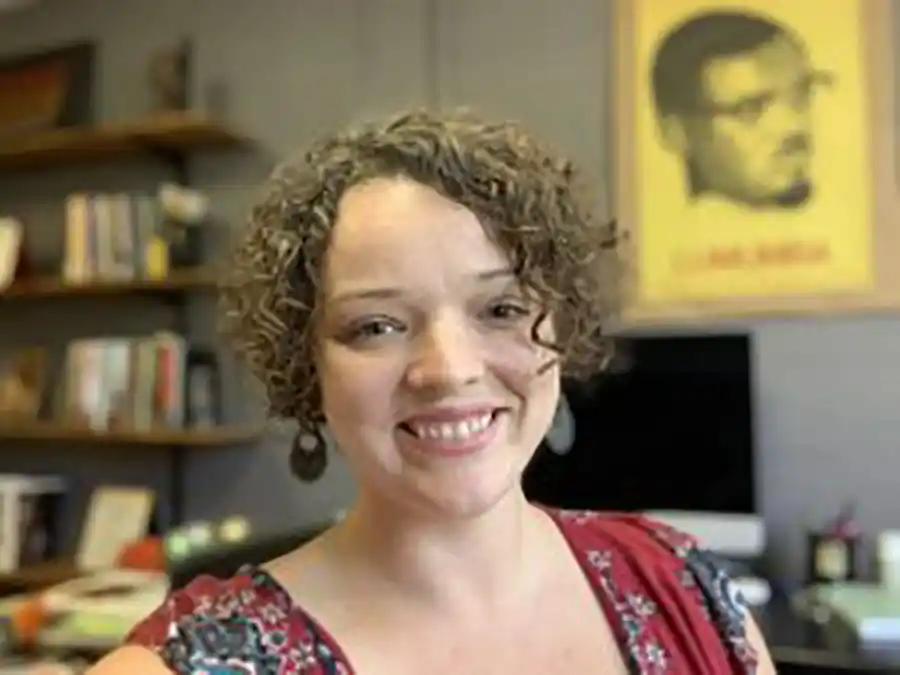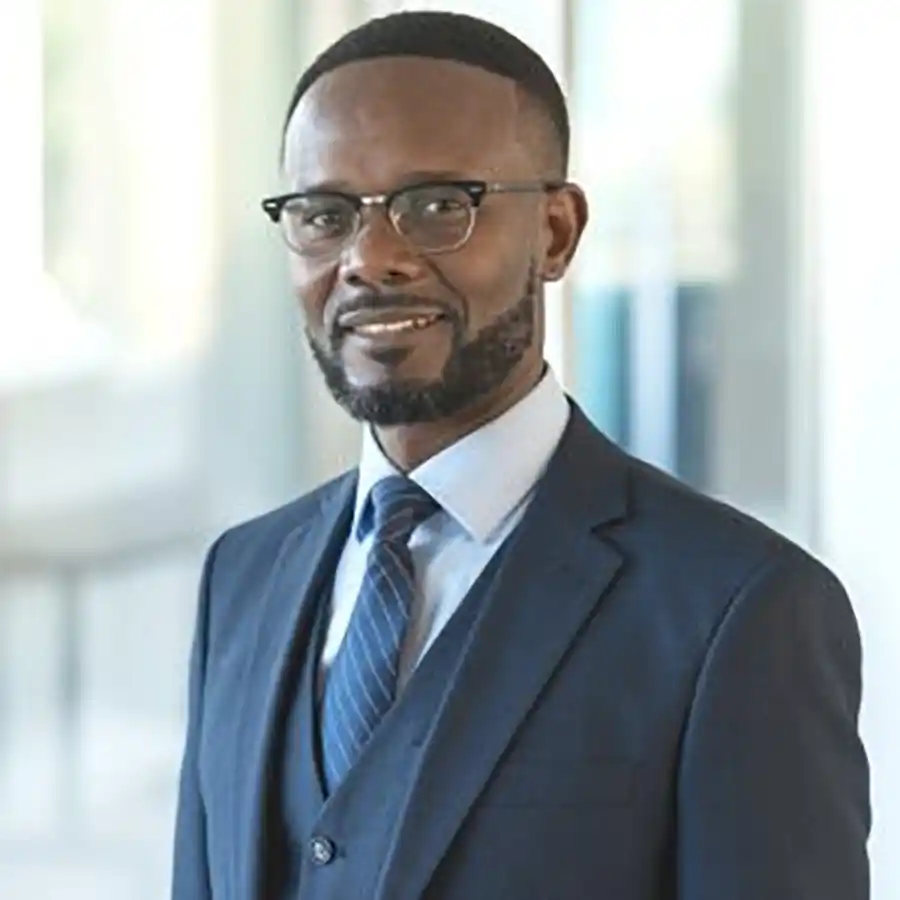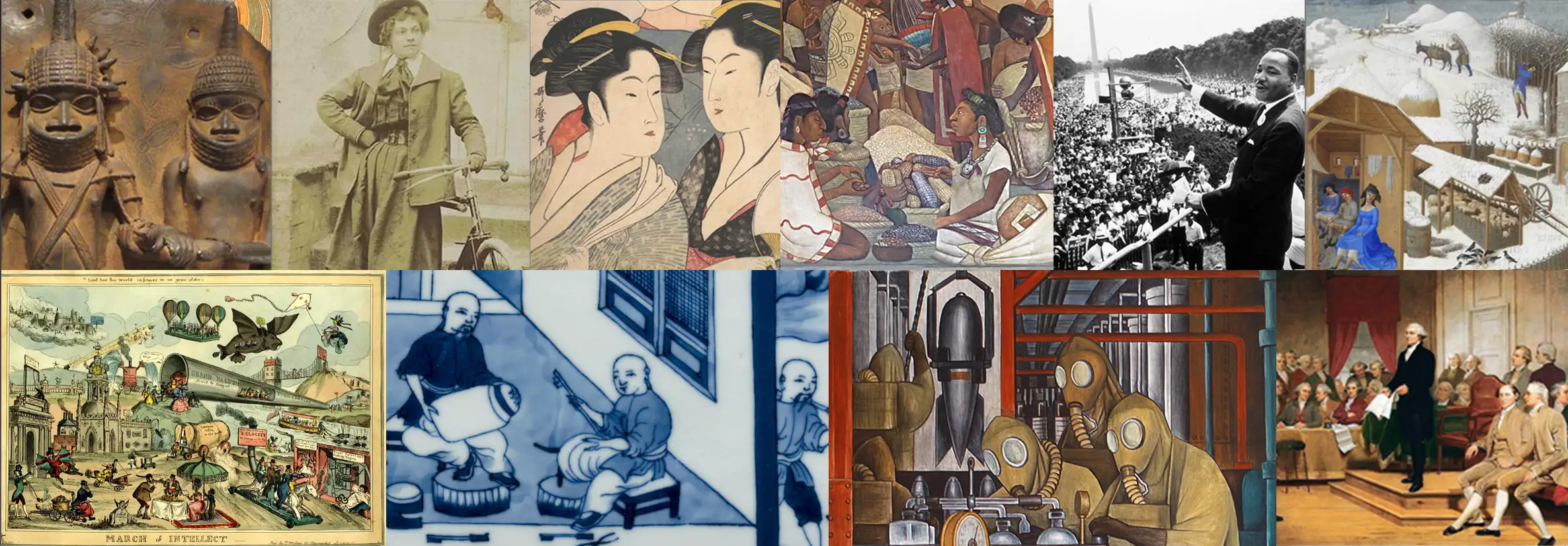Eggers Receives NEH Collaborative Research Grant

Nicole Eggers, assistant professor of history at UT, and her collaborator, Roger Alfani of Seton Hall University, received a $199,611 Collaborative Research Grant from the National Endowment of the Humanities (NEH) for “Refuge in the Spirit: Religion in the Lives of Congolese Refugees,” a research project centered around oral histories of Congolese refugee communities.
According to the NEH, the Collaborative Research program “aims to advance humanistic knowledge by fostering rich scholarship that a single researcher could not accomplish working alone. The program supports sustained collaboration by teams of two or more scholars.”
Eggers’s expertise is in the history of health and healing, and the intersections of religion and politics, in Central Africa. Her co-author for the project, Alfani, is an expert in religious and peace studies in Congo.
“My collaborator and I will explore how religion has functioned both as a space for building community for people who have lost their social safety net, as well as its role in addressing gaps — material, social, psychological, and spiritual — that state and international organizations too often neglect,” Eggers said.

With funding from their grant, Eggers and Alfani will conduct interviews among Congolese refugees still living in refugee camps in Kenya and Burundi, as well as among those who have left the camps — either to be repatriated to Congo, or to be resettled in the United States (specifically, in Knoxville, TN). The pair began fieldwork in Knoxville in December 2022 and they will continue their work in Africa in the summer of 2023.
Central to their investigation is the question of how people connect their experiences of social and physical security and insecurity to their understandings of spiritual security and insecurity.
“Listening to refugees tell their own stories and respecting the values that inform their experiences is not just an intellectually valuable exercise, it is an ethical imperative and a decolonizing endeavor,” Eggers said.
This project has the potential to make important “real world” contributions by providing a culturally-specific, historically-grounded lens through which policymakers and resource-providers can not only better interpret refugee experiences and needs, but also meet those needs in an inclusive and participatory way.
